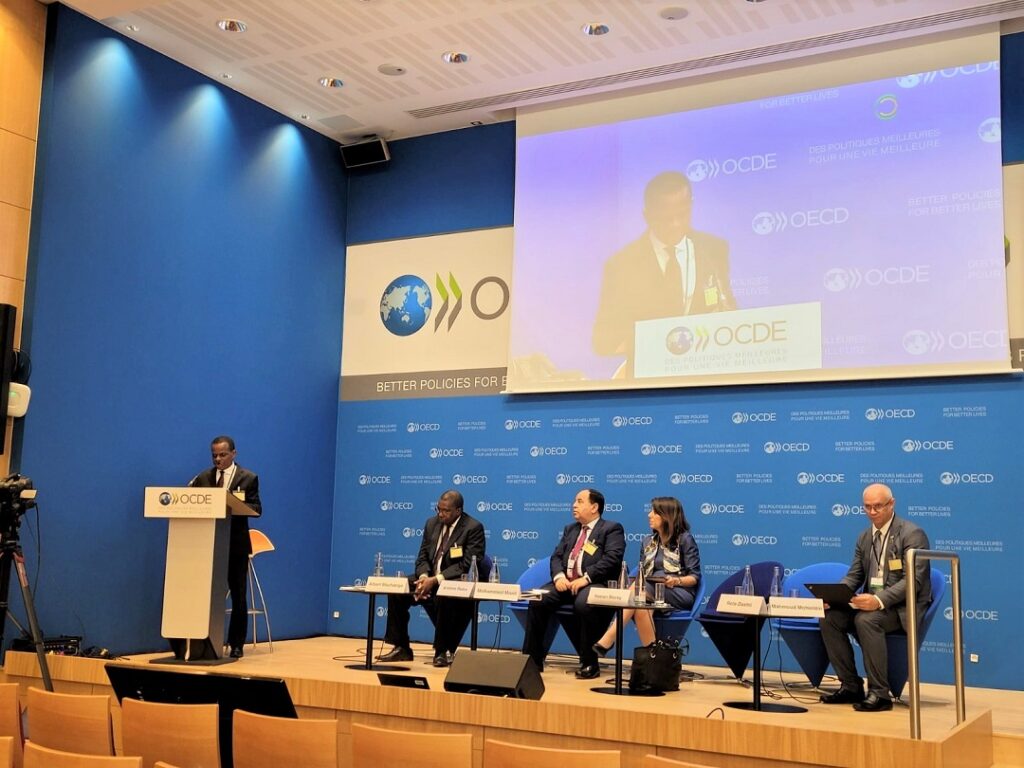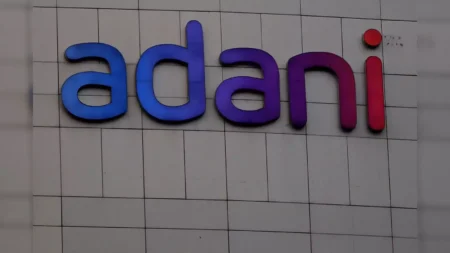- Through Sustainable Debt Coalition, leaders in Africa seek to address critical financing challenges faced by emerging markets and developing economies.
- They are placing particular focus on fresh financing model to address climate action and unique development needs in Africa.
- Sustainable Debt Coalition introduces a fresh consultation pathway that intersects debt, climate, and developmental concerns, fostering dialogue for innovative solutions.
There is an urgent need to adopt global financial reforms to help avert economic, environmental and social downturns, leaders from developing countries have urged, adding that this will work to achieve Sustainable Development Goals.
The Sustainable Debt Coalition
“Predictable, affordable and sustainable financing is critical to allowing African countries to get back on track to achieve the Sustainable Development Goals,” Economic Commission for Africa (ECA) Acting Executive Secretary, Antonio Pedro, said.
Antonio gave a speech at the Sustainable Debt Coalition meeting that was held in Paris in conjunction with the Summit for a New Global Financing Pact. French President Emmanuel Macron called the summit to create a plan for reducing the debt loads of low-income nations. The goal is to free up more money for development and financing the fight against climate change.
The Sustainable Debt Coalition, established by the Egypt during COP27, intends to solve financing issues facing developing nations. More specifically, it addresses the crippling effects that these issues have on climate action and economic growth.
It proposes a novel avenue for consultation that connects issues with debt, the environment, and development. In general, it encourages communication between states and creditors in search of creative funding options.
The coalition was established to ensure that sustainability is adequately addressed in all debt instruments. It also ensures equity in debt treatment, and provides that developing nations have inexpensive and predictable access to funding.
Antonio emphasized how the Sustainable Debt Coalition’s campaign for changes is in line with the SDG Initiative. The UN Secretary General Antonio Guterres introduced the stimulus earlier this year. It is an ambitious goal to raise $500 billion in new funding annually for sustainable development.
High cost of finance, low development
In addition, countries are currently dealing with a number of difficulties brought on by the COVID-19 epidemic. The ongoing Russia-Ukraine conflict, and the rising economic implications of climate change, is piling more pressure.
Rising debt, according to Egyptian Finance Minister Mohamed Maait, is widening funding shortages for development and the environment. Each year, trillions of dollars go into achieving both SDGs and zero emissions targets.
Read also: Can Ruto’s financial model plug climate change funding gap?
“Government debt service costs are rising rapidly as a proportion of income revenue. In Africa, this issue has increased by 62 percent since 2014. As we have seen through history, the impacts of higher debt servicing costs can be crushing for an economy. In Africa, more than 57 per cent of countries now spend more on interest payments than on health. More than 17 per cent spend more on interest than on education,” he explained.
With an emphasis on sustainability and debt management, the Sustainable Debt Coalition promotes cooperation between creditor and borrower countries. The coalition wants to lower debt prices, and increase access to blended finance and sovereign debt guarantees. It also seeks to free up funds for programs that would benefit the environment.
The coalition is urging developing nations to stand together in international forums on debt issues of shared interest.
Finding alternative financing
Participants discussed practical solutions to strengthen the global financial safety net.
As a result of the Summit, many nations and institutions, including the United Kingdom and the World Bank, committed to using such instruments to reduce the financial risks faced by highly vulnerable countries. It was applauded that the Sustainable Debt Coalition was advocating for the inclusion of climate contingency clauses in debt contracts.
Debt swaps were also discussed in the context of the urgent need to free fiscal space. Pedro highlighted that, “the ECA is supporting countries seeking to refinance their expensive debt through debt swaps, re-channeling savings to invest in the SDGs and climate action.”
Albert Muchanga, the African Union’s Commissioner for Trade and Industry noted that some polluters were unwilling to bear expenses for promoting debt sustainability. He disclosed that contributions to the Loss and Damage Fund agreed upon at COP27 in Egypt last year came from governments and philanthropies rather than from the private sector, which profits from greenhouse gas emissions but is not taxed.
“One of the key features where there should be some movement is the mainstreaming of carbon trading in international trade,” explained Muchanga.
The African Union, according to Muchanga, is building a debt monitoring mechanism in its Trade Department. This will help it obtain real-time information on the debt situations of all AU member states. Muchanga also underscored the African Union’s support for the Sustainable Debt Coalition.
Africa’s share in global green finance
Hanan Morsy, the chief economist and deputy executive secretary of the ECA, stated that despite the fact that Africa had enormous development needs and funding deficits, both official development assistance and concessional financing have decreased over the past ten years. Africa now finds itself in a grave fiscal situation as a result.
Morsy remarked that although there is possibility to penetrate the industry, Africa’s portion of global green finance is still small.
The Sustainable Debt Coalition could help in this regard by scaling up the use of guarantees. It could also enhance design and reliability of associated key performance indicators. What’s more, the coalition can reduce the cost of reporting and monitoring them.
Hassatou Diop N’sele, vice president of finance at the African Development Bank, noted that while green bonds were beneficial for diversifying financial portfolios. However, they were time-consuming to allocate and report on, she said.
“Nature swaps can make a difference because of the impact on both the debt and sustainability of countries and what they can do with the resources,” she added.











